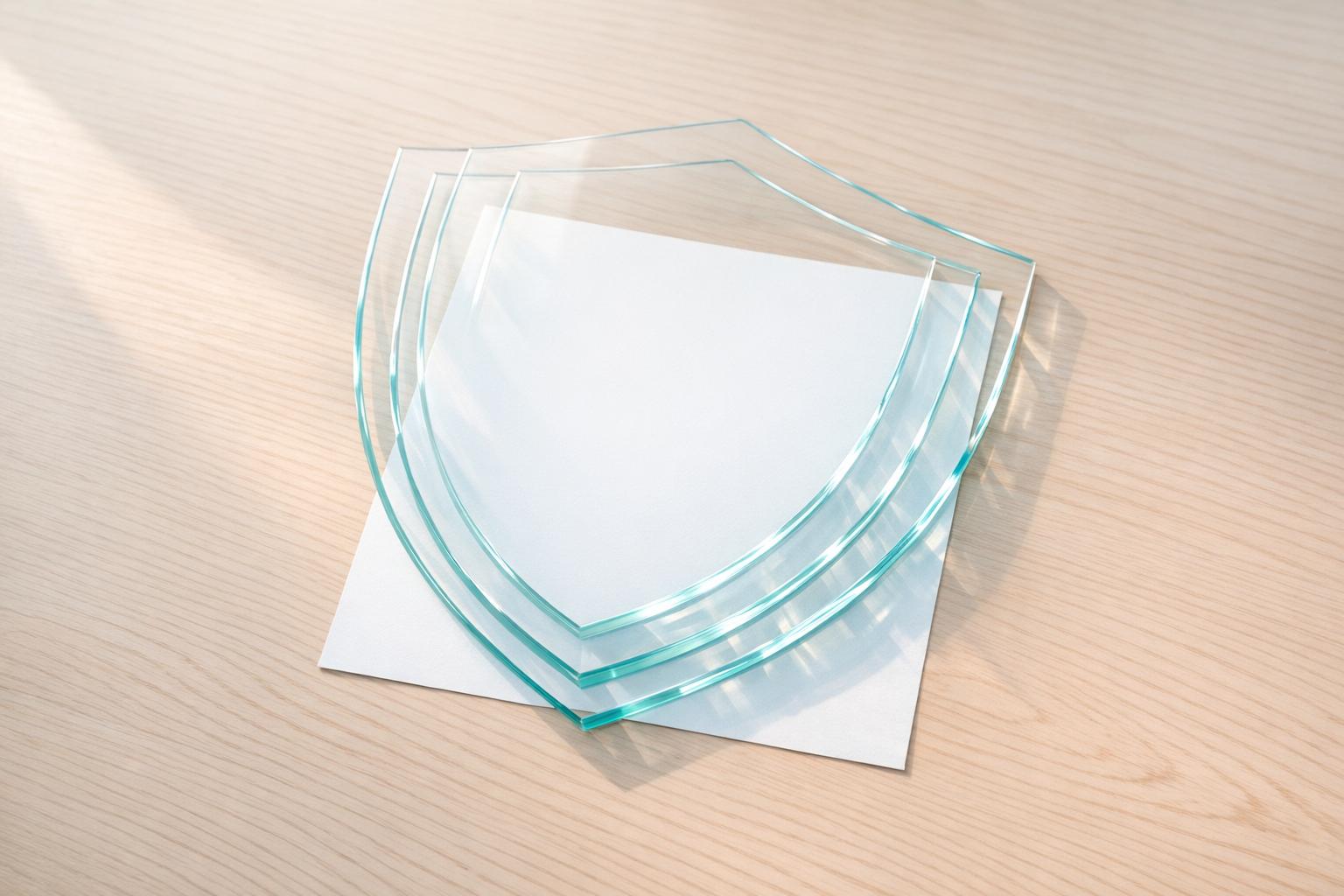Tailwind CSS simplifies adding drag and drop features to your website, making it more interactive and user-friendly. Whether you're organizing lists, uploading files, or creating layouts, this guide covers the essentials:
- Basics of Drag and Drop: Learn how drag and drop works, including browser events like
ondragstart,ondrop, andondragover. - Using Tailwind CSS: Discover how Tailwind's utilities like cursors, animations, and grid systems can enhance your drag and drop functionality.
- Step-by-Step Guide: From setting up your project with Node.js and Tailwind CSS to adding interactivity with JavaScript or frameworks like React.
- Examples & Use Cases: Practical applications such as sortable lists and file uploads, complete with code snippets.
- Improvement Tips: Enhance your drag and drop features with visual feedback, animations, and more.
- Troubleshooting: Solutions to common issues like items not dragging or dropping correctly.
This guide aims to equip you with the knowledge to implement basic drag and drop setups, making your web projects more engaging and intuitive.
What is Drag and Drop?
Drag and drop lets you click on something on a webpage, drag it to a new spot, and drop it there. It's a handy way to sort things, move them around, or upload files by dragging them from your computer.
Here are some places you might see drag and drop:
- Moving tasks around on a to-do list
- Sorting pictures into albums
- Uploading files by dragging them to a specific area
While you drag something, the website keeps track of where it's moving. Once you let go of it in the right spot, the website updates to show the item in its new place.
There are three main steps in drag and drop, using browser tricks:
- ondragstart - This starts when you begin dragging.
- ondrop - This happens when you drop the item where it goes.
- ondragover - This keeps track of the item while you drag it over the drop spot.
By paying attention to these steps, you can make moving things around on a website feel smooth.
Tailwind CSS Utilities
Tailwind CSS offers some helpful tools for making drag and drop easy and looking good:
Cursors
Changing the cursor to a 'move' or 'grab' icon tells you that you can move something.
Transitions & Animations
These make things move smoothly, like when you're sorting items.
Z-Index
This makes sure the thing you're dragging pops up over everything else.
Opacity
Making the original spot of the dragged item a bit see-through shows that it's been moved.
Box Shadow
Adding a shadow to the item you're dragging makes it clear it's being moved.
Grid
Tailwind's grid system is great for moving stuff around, like in a gallery or a list.
Using these Tailwind CSS tools, you can make drag and drop on your website work well and look great without needing to write a lot of extra code.
Prerequisites
Before you start adding drag and drop to your site with Tailwind CSS, there are a couple of things you need to know and have ready:
Knowledge
- You should understand the basics of HTML and CSS.
- Knowing how JavaScript works is important.
- If you've worked with a frontend framework like React or Vue, that's a plus.
You don't need to be a pro, but knowing these basics will help you get started with drag and drop more easily.
Environment Setup
Here's what you should set up first:
- Make sure you have Node.js on your computer to handle different tools.
- Use a package manager like npm or yarn.
- Set up a Tailwind CSS project by following the steps on their website.
- Choose a JavaScript framework that supports drag and drop, like React.
The Tailwind website has easy-to-follow guides for setting everything up, including how to use it with React and drag and drop. This will give you all you need to start playing around with drag and drop on your Tailwind CSS page builder or any other project.
Step-by-Step Implementation Guide
1. Initialize Project
To start using drag and drop with Tailwind CSS, you need to get your project ready. Here's how to do it:
- First, make sure Node.js is installed on your computer.
- Create a new project folder and get it set up with
npm init. - Next, add Tailwind CSS and its friends to your project:
npm install tailwindcss postcss autoprefixer
- Then, make a Tailwind config file by running:
npx tailwindcss init
- Don't forget to add a JavaScript framework like React or Vue to make things interactive.
This gets your project ready for adding drag and drop features using Tailwind!
2. Create Layout
Now that your project is set up, let's design the page. Tailwind's utility classes help a lot here:
- Use
flexorgridto make containers for items you can drag. - Create areas where items can be dropped with
bg-gray-100 border border-gray-300 border-dashed. - Position elements using spacing utilities like
mt-4andml-2. - Make items you're dragging stand out with
shadow-lg z-10. - Use
cursor-movefor parts of items you can drag.
Tailwind lets you style your page quickly, making it ready for drag and drop.
Here's a simple example:
<div class="grid grid-cols-3 gap-4">
<div class="bg-white shadow-lg z-10">
<!-- Draggable item -->
</div>
<div class="bg-gray-100 border-dashed border-2">
<!-- Drop zone -->
</div>
</div>
Remember to adjust your design for both mobile and desktop using Tailwind's responsive tools.
3. Add Interactivity
To make your items actually move, you'll need JavaScript. Using a framework like React and a library for drag and drop, such as React Beautiful DnD, is the way to go.
Here's what to do:
- Add the library to your project with npm.
- Use the library's components in your project.
- Handle the start and end of a drag with
onDragStartandonDragEnd. - Keep an eye on items as they move with
onDragUpdate. - Get ready for a drag with
onBeforeCaptureandonBeforeDragStart.
This setup lets you drag items around your page!
For dropping items, you'll use a bit more code:
- Pay attention to
onDragEnter,onDragLeave, andonDrop. - Make sure the place you're dropping an item accepts it.
- Update the page to show where the item landed.
With these steps, you'll have a basic setup for dragging and dropping items on your Tailwind site. You can make it even better by adding animations and working with dynamic data.
Common Use Cases and Examples
Sortable Lists
Drag and drop is perfect for making lists you can reorder, like your daily tasks or a list of things you like. Imagine you can just click on an item, move it up or down, and let it go to rearrange your list. Here’s a simple way to do this with Tailwind CSS and a tool like React Beautiful DnD:
import { DragDropContext, Droppable, Draggable } from 'react-beautiful-dnd';
function List() {
const [items, setItems] = useState(['Item 1', 'Item 2', 'Item 3']);
function handleOnDragEnd(result) {
// This is where you rearrange the list
}
return (
<DragDropContext onDragEnd={handleOnDragEnd}>
<Droppable droppableId="list">
{(provided) => (
<ul {...provided.droppableProps} ref={provided.innerRef}>
{items.map((item, index) => (
<Draggable key={item} draggableId={item} index={index}>
{(provided) => (
<li ref={provided.innerRef} {...provided.draggableProps} {...provided.dragHandleProps}>
{item}
</li>
)}
</Draggable>
))}
{provided.placeholder}
</ul>
)}
</Droppable>
</DragDropContext>
);
}
Important points here:
- We use special components called
DraggableandDroppable. - Each item has a unique
draggableIdand a position number (index). - When you finish dragging,
onDragEndhelps put everything in order. - The list smoothly moves around thanks to
{provided.placeholder}.
This setup lets you easily move items in a list with nice animations!
File Uploads
Tailwind CSS can also help you create a spot on your webpage where people can drop files to upload them. Here’s a basic setup:
function FileUpload() {
const [files, setFiles] = useState([]);
function handleDrop(e) {
// Here, you add the dropped files to your list
}
return (
<div
onDrop={handleDrop}
onDragOver={(e) => e.preventDefault()}
className="border-4 border-dashed border-gray-400 text-gray-400 text-center bg-white rounded p-10">
<p>Drag files here</p>
</div>
)
}
Things to remember:
onDragOveris needed so the drop zone knows when a file is over it.- We add styles to make the drop zone look good.
- With
onDrop, we catch the files and can do something with them, like showing their names or uploading them.
You can make this even better by showing previews of the files or using code to upload the files. This way, you get a functional and stylish upload area without extra tools!
sbb-itb-94eacf4
Tips for Improvement
Here are some simple ways to make your drag and drop features better using Tailwind CSS:
Make Drop Zones Obvious
To show where items can be dropped, use Tailwind's border styles like this:
bg-gray-100 border-dashed border-2 border-blue-500 rounded p-4
This makes it clear that it's a special area for dropping items.
Add Visual Feedback
When you drag something over a place where it can be dropped, change the background color with bg-blue-500 to show it's okay to drop it there.
If you can't drop it there, using bg-red-500 tells you that it won't work.
Animate on Hover
Make items that can be dragged light up a bit and pop out when you hover over them:
hover:bg-gray-100 hover:shadow-lg
This is a hint that you can move them.
Transition on Drag
Make sure the speed of your animations matches how fast things move:
transition-all duration-200
This helps make the dragging action smooth.
Style Placeholders
When you move an item, show a temporary block where it used to be:
bg-blue-100 h-10 animate-pulse
This blue, blinking block shows where something was before you moved it.
Indicate Drag State
Make the item you're moving a bit see-through with opacity-50 to show where it came from.
When you drop it, make it fully visible again with opacity-100.
Use Cursor Styles
Change the mouse cursor to suggest different actions like moving or grabbing:
cursor-move cursor-grab cursor-copy cursor-alias
This helps show what you can do.
By following these tips, you can create a drag and drop feature on your website that's easy to use and looks good. Tailwind CSS makes it simple to add these touches!
Troubleshooting
Here are some common issues you might face when adding drag and drop to your site with Tailwind CSS, and how to solve them.
Items Won't Drag
If you're trying to drag an item and it's not moving, here's what to look into:
-
Double-check that the item can be dragged by setting
draggabletotrue. -
Make sure you've added the
cursor-moveclass to items you want to drag. -
Ensure the
dragstartevent is correctly set up for your draggable items. -
As a quick fix, try adding
user-select: noneto your draggable items. This can help prevent issues with text selection.
Can't Drop Items
If you can drag items but can't drop them where you want, consider these tips:
-
Ensure your drop areas have
ondropandondragoverevents set up correctly. -
In your
ondropevent, remember to useevent.preventDefault()to allow dropping. -
Make sure your drop zones are styled correctly, for example with
bg-gray-100 border-dashed border-2.
Items Disappear
If your items are disappearing when dragged, it might be because they're not being added back to the page correctly:
-
Check that your
ondropevent is putting the dragged item into the drop zone. - Ensure items aren't removed from their original spot until the drop is complete.
Layout Breaks
If dragging or dropping items messes up your page layout:
-
Apply
z-10to keep dragged items on top. - Ensure placeholders properly fill the space left by moved items.
- You might want to place drop targets in their own containers to keep things tidy.
With a bit of troubleshooting, you can make your drag and drop work smoothly! If you have more questions, feel free to ask.
Conclusion
Adding drag and drop to your projects with Tailwind CSS makes your site more fun and easy to use. Tailwind and tools like React Beautiful DnD help you do this without too much trouble, even if you're just starting out.
Here's what we went over:
- We learned the basics of how drag and drop works.
- We talked about what you need to get started, like Node, Tailwind, and a JavaScript framework.
- We showed you how to set up your page using Tailwind's tools to make things look good and work well on all devices.
- We explained how to make your site interactive by adding the ability to drag and drop.
- We gave examples of how you can use drag and drop for things like making lists you can reorder or uploading files.
We also shared some tips on making the drag and drop experience better by styling the areas where you can drop items, using animations, and giving clear signs of what you can drag and where you can drop it.
Getting the hang of drag and drop might need some practice, but Tailwind CSS and JavaScript make a lot of the hard work easier. These tools help you style your site and add cool features like dragging and dropping.
Try out these ideas to make your websites and apps better. Drag and drop can make things like rearranging items, managing files, or creating galleries much easier for your users.
If you get stuck, look back at our troubleshooting tips. And remember, you can always ask for help if you need it!
Additional Resources
If you're looking to learn more about adding drag and drop features to your website using Tailwind CSS, here are some helpful links:
- Tailwind CSS Drag and Drop Tutorial - A guide that walks you through how to add drag and drop to your React apps using Tailwind CSS. It covers the basics and some good practices.
- React Beautiful DnD Documentation - The official documentation for the React Beautiful DnD library. It explains the different parts of the library, what each part does, and how to handle drag and drop actions.
- Tailwind CSS Documentation - The place to go for official information on Tailwind CSS. It includes details on how to use utility classes for adding drag and drop effects like changing the mouse cursor, smooth animations, adjusting the stack order of elements, and more.
- Drag and Drop API Tutorial - A beginner-friendly tutorial on using the basic drag and drop features built into browsers with JavaScript. It's a good starting point for understanding how drag and drop works at a fundamental level.
- Awesome Tailwind CSS - A collection of plugins, tools, articles, and other resources for Tailwind CSS. A great resource for finding more tools and information related to Tailwind CSS.
These resources are great for both beginners and those with some experience in frontend development, offering a range of insights into implementing drag and drop functionality, styling drop zones, adding layout animations, and more.


